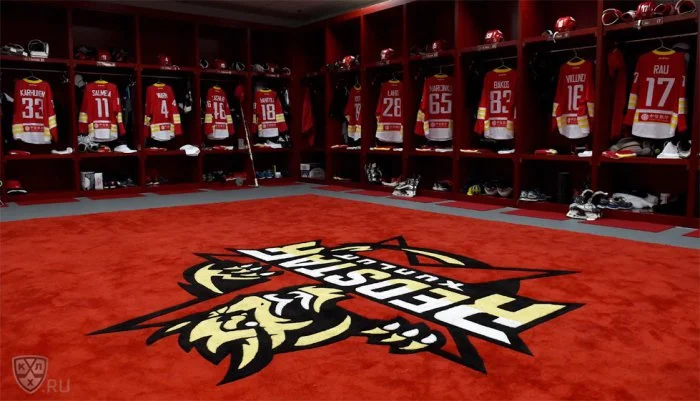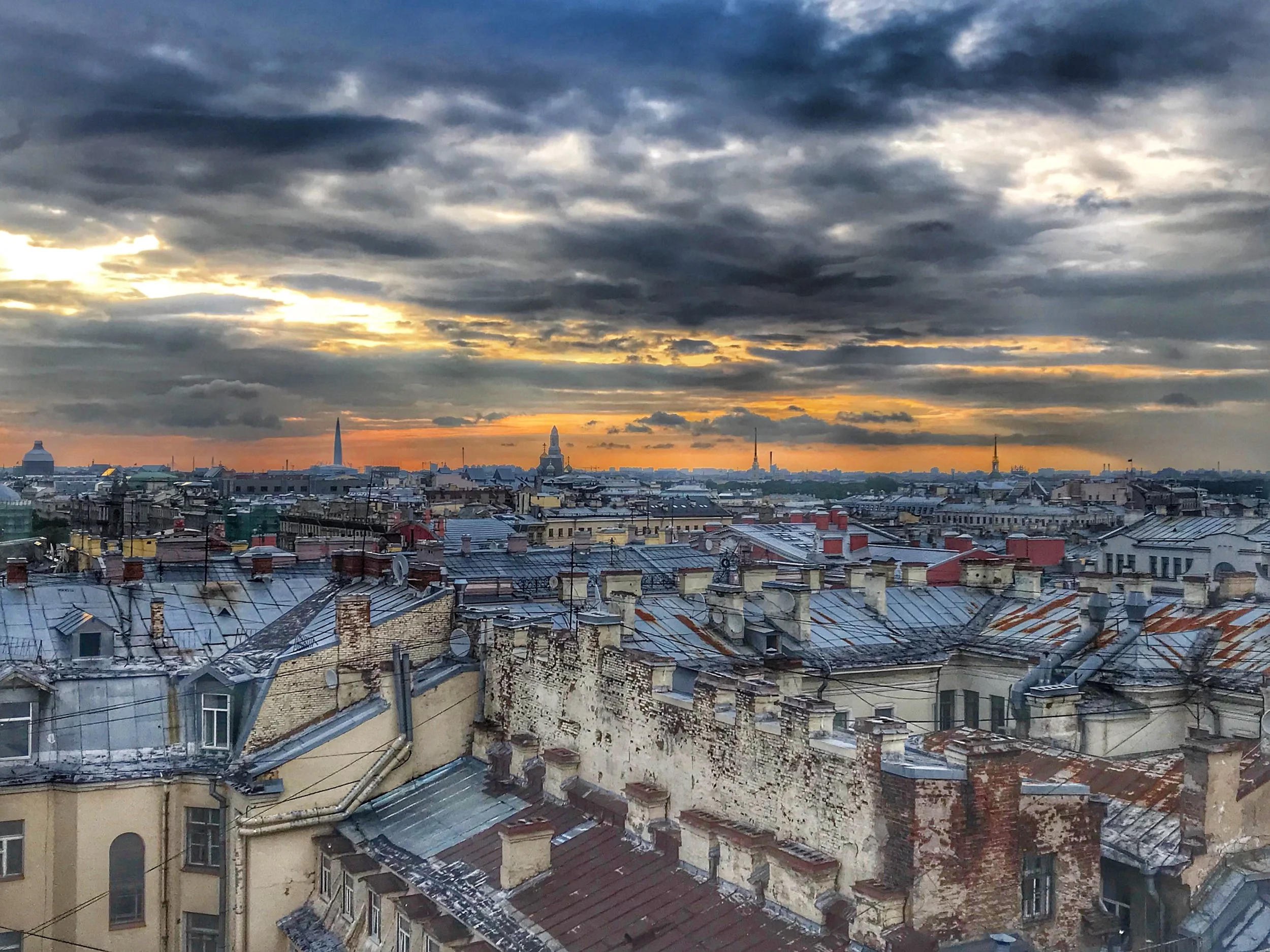OLYMPICS & NATIONAL IDENTITY
Every sports fan I know grew up with an Olympic fantasy.
Five seconds to go and tied with Brazil, did you ever imagine nailing a bicycle kick to clinch the gold? Or alternatively, did you ever land a triple axel to the swelling chords of Swan Lake, lifting your hands at precisely the last second?
One universal element of this fantasy—whether you were Mia Hamm or Mike Eruzione or Tara Lipinski—was, of course, the national anthem. Your eyes well with tears as the Star Spangled Banner reverberates throughout the arena, and on every television at home. NBC pans to your parents in the crowd; your mother has her hand over her heart and she is crying. Cue the cereal boxes! Good Morning America! Dancing with the Stars!
In the haze of this dream, did you ever struggle to remember the words to your own anthem? Surely not.
Imagine that your vision of eternal Olympic glory came true. Imagine that you are standing on the podium with the gratifying weight of gold hanging from your neck…but the song that is playing is one you have never heard. The flag they are hoisting is white. And as proud as you are, no cloud of tears can change the colorless vision that was once so vivid in your dreams.
This is exactly what happened to Alexei Kovalev. The Stanley Cup champion won a hockey gold medal in 1992, just weeks after the Soviet Union had formally dissolved. The lyrics of the modern anthem of the Russian Federation had not even been written yet.
Alexei played for the “Unified Team,” a patchwork of former Soviet republics competing as one. The white Olympic flag was hoisted when he received his medal, and the Olympic Hymn played while he stood on the podium.
Nearly three decades later, his eyes still soften when he talks about that night. Kovalev was never one to cower; he sprawls his legs out during our pre-game interview and takes up half of the locker room. With renowned prowess and pride (he was nicknamed the artiste in Montreal, after all), the mood sours a little when I ask him what it was like.
“Of course, inside, we were always playing for Russia,” he says. The words are confident, yet you can see the clouds rolling into view. “But imagine - I stood there [on the podium], and I did not see red. I saw white.”
This point is an interesting one given that he is coaching a hockey club that will soon be the feeder for China’s 2022 Olympic ice hockey team. The top prospects are American and Canadian born men of Chinese descent; they will be naturalized in time to compete. Whose anthem did they dream of singing? Does it matter?
The Olympics are impossible to divorce from nationalistic ties. But when I think of this case, I can’t help but wonder what nationalism is at all. Do we pin it to passports and borders, or flags and songs? Do we define it in relation to our parents and their heritage, or the soil on which we first laid eyes?
The United States likes to tell the story of the Miracle On Ice (America’s defeat of the USSR in the Lake Placid Olympics, 1980) as a triumph of men over machine. The Soviet hockey players are described as if they were automatons; the Americans were rag-dolls subsisting on dreams.
As I sit across from Alexei Kovalev, I remember that he, too, was a Soviet hockey player. And while his slapshot once ricocheted as if delivered from an assault weapon, he could not be more human. His eyes darken as he thinks about one of the proudest moments of his sporting life - marred by political upheaval when it should have been nothing short of a dream.
I, too, long thought of the Miracle On Ice as a defeat of ‘good over evil.' But it’s ludicrous. The men on the other bench had just as much to lose—if not more. It’s irresponsible to tell the story in any other light.
Kunlun Red Star hockey club—the one I cover, and that Alexei coaches—went on to defeat Moscow’s CSKA 4-3. CSKA is at the top of the Western division, while Kunlun was on the last leg of a road trip that spanned eight time zones. For a fledgling team that only began to play together one season ago, they found it in themselves and each other to fight—even when it appeared as if their legs had little left to offer.
The players bumped their gloves to my fist as they entered the locker room, exhaustion melting into yelling and singing. The music was turned up and you could hear the laughter from two corridors away.
“Do you see what I mean when I say that we are a family?” Alexei Kovalev said to me, pointing to the locker room, where Danza Kuduro played on full blast. “We need moments like this, because then we win on the ice.”
And what a family - comprised of so many nationalities, and within those, a garden variety of ethnicities. Russians handing Americans pizza. Canadian Chinese players singing in Spanish with Chinese-born Americans. The GM is Latvian and the coach is a Finn.
I wanted to tell Alexei that it did not not matter which flag was flying that night in 1992. At the end of the day, the Olympics are about honoring the audacity of human beings. But I didn’t say anything. Of course the flag and the anthem mattered…and I struggle to imagine a future when they would not.
But still — sports provide us with new visions of what allegiances and nations and families can look like. And maybe someday these new messages will be strong enough to change a political current of isolationism. There was something so poignant about that night with Kunlun, and I would summarize it like this: a flicker of what could be between nations, if only it burned more brightly between people.
Maybe their success will be a new breed of Olympic fantasy. China is certainly banking on it.






